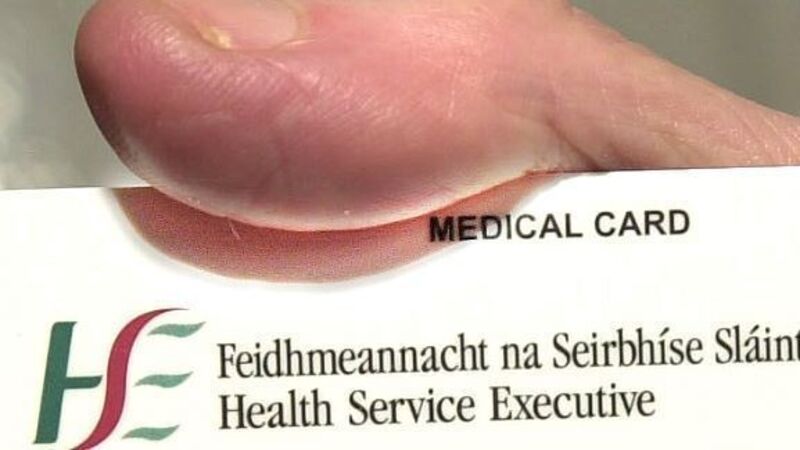Let’s be honest, ‘medical card probity’ is an excuse to save money

It’s big and bulky to carry, and it’s probably out of date by now. My edition, the eighth, carries the proud message on its cover ‘a new edition for the 1990s’. It includes words and phrases recognised by the dictionary for the first time, including ‘computer virus,’ ‘dosh,’ and ‘electronic mail.’
Of course, if you have the dosh, and access to electronic mail, you can subscribe to the most up-to-date and complete version. But my old version, had I only had it with me at the time, would have been useful to me in understanding the single most fascinating phrase in last week’s budget: ‘medical-card probity’. I didn’t know what it meant when I read it.















